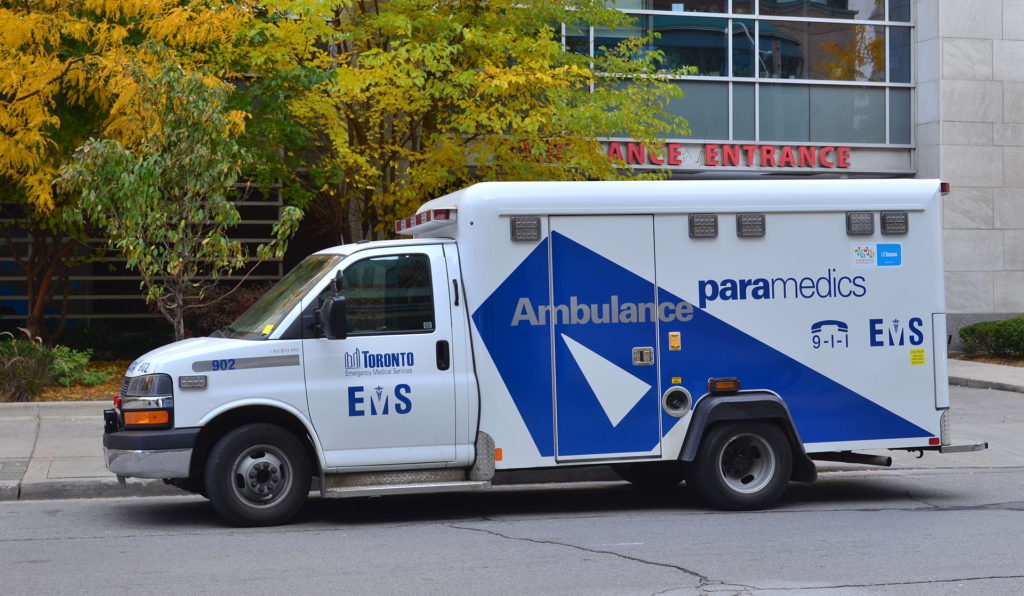- Care needed when using ethanol-fuelled firepots: McLeish - October 5, 2019
- Government changes to auto insurance need to go further, says McLeish - April 5, 2019
- Brokers have duty to inform clients of insurance options - January 5, 2019
The driver behind the wheel of a City of Toronto garbage truck that struck and killed a five-year-old girl, and injured others, may be civilly responsible to the families even if he isn’t ever formally charged, says Toronto critical injury lawyer John McLeish.
Kayleigh Callaghan-Belanger was steps away from her Scarborough school when a truck struck her, the Toronto Sun reports. She was one of four children crossing the street – two others suffered injures, the report continues.
A witness in the Sun report says the truck was “going really, really fast,” though police say it’s too early in the investigation to determine if speed was a factor.
In an interview with the Sun, McLeish says the driver could be found negligent based on witness accounts.
“If witnesses provide evidence of what he was doing, civil responsibility for something like this is different than responsibility under the Highway Traffic Act or the Criminal Code,” McLeish tells the Sun.
Onus of proof
“The onus of proof on an injured person or the families of these children to prove their case is based on a balance of probabilities as opposed to beyond a reasonable doubt … Whether he’s charged and convicted or not with speeding, if independent witnesses do provide evidence he was speeding, he may well be found negligent, found civilly responsible for the injuries and the losses these families have suffered,” he says in the interview.
“When I read about these children my first thought was what a tragedy this is for the family of this young girl who was killed, and the families of others who were injured,” says McLeish, partner with McLeish Orlando LLP.
“At the same time, I thought, ‘Here we go again.’ If this was a speeding driver in a school zone, it makes me question just what we have to do to make people slow down.”
Civil responsibility differs from criminal
In civil law, an individual can be found negligent if, through their actions or inaction, another person is injured or suffers losses. Civil responsibility differs from criminal liability in that criminal liability involves the Crown laying a charge against a person who it is alleged has broken a law. If a person is convicted of a criminal charge, that person may be required to pay a fine or may be sentenced to spend time in jail.
The 62-year-old garbage truck driver has not been charged under the Highway Traffic Act or Criminal Code.
“Young children have very poor judgment and we all know that they do not recognize danger like an adult,” says McLeish, noting that near schools, additional measures may be necessary to ensure safety.
“In some situations, maybe reduced speed zones are not enough. One thing that comes to mind is safety cameras; another is more severe penalties for a driver caught speeding in a school zone.”
Read CBC … Read Toronto Star

